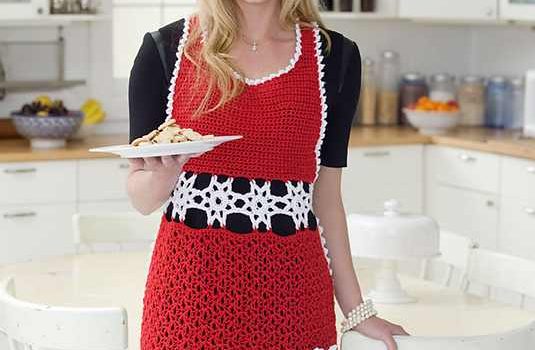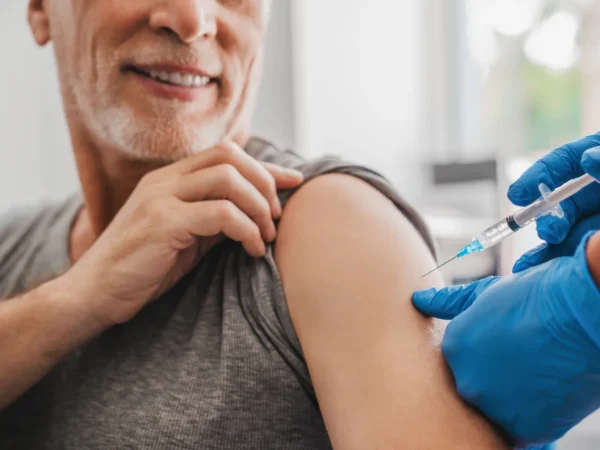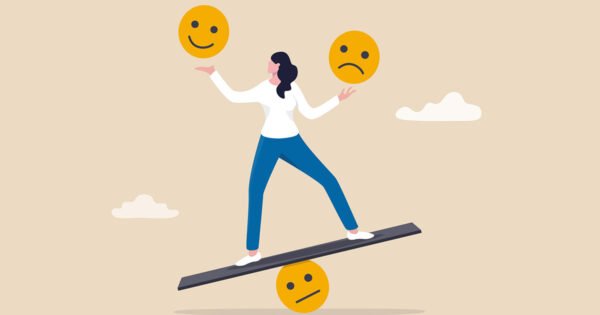
A Doctor’s Guide to Beating the Annual Christmas Food Coma

Ever collapsed on Christmas Day in front of the TV in a self-induced food coma? Lying with a stomach full of turkey, mince pies and an entire Selection box is an experience we have all faced but how do we avoid this? What causes our bodies to enter a sleepy state after we eat a large meal? Well, thankfully, we sat down to catch up with Dr Preethi Daniel, Clinical Director at London Doctors Clinic, to offer some much-needed practical advice.
The sole purpose of food is to provide our bodies with energy. Our digestive system uses energy to digest food, and the larger the meal the more energy our digestion uses.
Wonder why the infamous Christmas Day turkey extravaganza leaves you feeling exhausted…?
Well, Proteins are the most difficult component of food to digest, forcing your body to exhaust three to seven times more calories in order to break them down. So, keeping this in mind, the supposed explanation behind the meat sweats is this: by ingesting an abnormal amount of protein for you, your digestive system would have to burn a huge amount of energy on digestion. This would raise your core temperature by such a significant amount that your body would have to resort to sweating—which it usually uses for fevers and vigorous exercise—just to get it back down to normal.

You’ve just finished a big meal, you feel bloated and end up nodding off or in desperate need of a nap. We often find ourselves in this situation, but what is it and why does it happen? It is called postprandial somnolence, posh term for food coma, and is a common occurrence after over-indulging. It’s a feeling of overwhelming drowsiness or fatigue following a meal.
It is possible that the rise in blood glucose levels which occur after eating a meal can be detected by nerve cells in the brain. These nerve cells then reduce activity in the pathways in the brain that cause us to feel more awake. Therefore, we feel sleepier after eating a meal.
There is some evidence that the type of food eaten is the cause of sleepiness…
Meals which are high in carbohydrates cause release of glucose into the blood. Foods with a higher i glycaemic index have more glucose to release.
A certain amount of insulin, a hormone, is released depending on the amount of glucose. This hormone is important for moving sugar from the blood into cells in the body so they can be used by the cells. Insulin also increases the movement of tryptophan, an amino acid which comes from proteins, into the brain. Tryptophan is then converted in the brain to the hormone serotonin, which is converted into melatonin. This hormone is important for promoting sleepiness and happiness.

Christmas may be the traditional season to overindulge but with some simple tricks and tips, you can combat what a recent study has said is the extra 9000 calories you will eat during this period!
Have a big breakfast. Choose wisely and refuel and rebalance your sugar before the indulgence starts. This will help you to not binge on all the sugar-packed treats ahead. Wholegrain bread with some protein in the form of poached eggs or some porridge is ideal.
Have a big glass of water before eating you main meal. Again tricks the brain into thinking you are full!
Avoid overeating. Stick to recommended portion sizes or have smaller meals and don’t snack afterwards.
Eat slower to feel more full. Chewing 5-10 times before swallowing ensures the brain registers what you are eating and makes you appreciate it more and feel full.
Eat a balanced turkey dinner. Have varied meal with a mix of carbohydrates, protein and unsaturated fats. Those pigs in blankets followed by goose fat roast potatoes may sound delicious but you could choose grilled sausages or roast sweet potatoes instead (has a surprisingly lower GI load).
Eat foods with lower glycaemic index. As this food has more fibre (so you feel fuller and are less likely to overeat) – e.g. pulses, beans, whole grain foods, nuts and vegetables – yes, that nut roast may be a good idea and may also taste great!
Avoid condiments where possible. Cranberry sauce while it may sound essential is packed full of sugar.
Avoid having alcohol with meals as it contributes to drowsiness. Or at least reduce the amount you have. That wine, sherry and port is probably not a good idea to combat the low after a heavy meal too. Stick to spritzers and have plenty of water.
Avoid napping after eating and try to move around to help reduce bloating. This also helps those muscle cells use up all the that blood sugar you’ve put in.
If you did sneak in a mince pie or five too many, do not worry. Studies have shown eating something power packed to slow digestion helps the sugar crash. Peanut butter is a good one for this.
Green tea or warm water with lemon is going to act as a natural detox. It will also help you pee more which will get your blood flowing through your kidneys faster, helping you to use up sugar.
Don’t fall victim to the “see food diet”. Put away leftovers. Cover up the snacks when done.















































